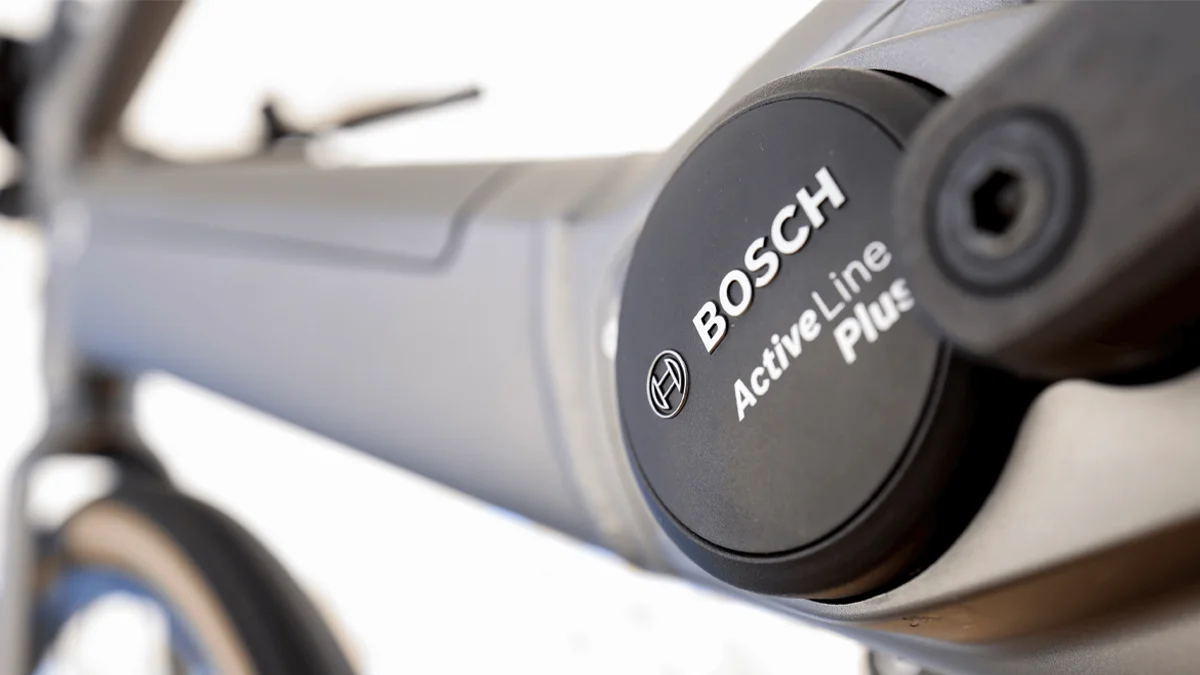
US Bosch Reaches $225 Million Preliminary Chips Funding Deal to Build SiC Facilities
The US Department of Commerce has announced a preliminary deal to provide a maximum of $225 million in subsidies to German automobile supplier Bosch.
Reuters reported that the purpose of the US Bosch preliminary deal is to build facilities for production of silicon carbide (SiC) semiconductors in the company’s California factory.
A Strategic Investment
Bosch is already making significant investment towards construction of the semiconductor factory. Primarily, the facility will produce Bosch silicon carbide semiconductors for the automotive industry. The semiconductors are critical in electric vehicles because of their ability to enhance charging and driving efficiencies.
The Department of Commerce says that the $225 million US chip grant to Bosh will enable the company to realize its $1.9 billion investment needed to complete its Roseville manufacturing facility. Bosch will be receiving an additional $350 million loan from the government to support the project.
The Department will be tapping the $52.7 billion fund established under the Chips and Science Act to provide this support. In recent weeks, US officials have been rushing to finalize terms for US chip grants and loans before President-elect Donald Trump assumes office in January 2025.
Bosch acquired important assets from TSI Semiconductors in 2023. At the time, the company said its chip production operations would rely heavily on federal funding. Like many other automobile makers, Bosch experienced serious disruptions in semiconductor production in Asia due to the Covid-19 pandemic.
Boosting Local SiC Production
Following the Bosch preliminary deal, the chip manufacturer expects to commence production of chips on 200-millimeter wafers in the California plant in 2026. Besides electric vehicles, SiC semiconductors are important components in defense and telecommunication industries.
According to the US Commerce Department, the Bosch US chip investment will help increase the domestic SiC manufacturing capacity. The department estimates that upon achieving its full production capacity, the Bosch facility will comprise over 40% of the US SiC device production capacity.
“The Roseville investment enables Bosch to locally produce silicon carbide semiconductors, supporting U.S. consumers on the path to electrification,” Bosch President for North America Paul Thomas said in a statement.
According to California Representative Doris Matsui, the Bosch Chips Act funding was critical in helping the chip maker to build “essential components for advances in clean mobility, electric vehicles and other clean energy technology.” Matsui participated in the writing of the Chips and Science Act, said
US Chips Funding Deals
The US government has finalized several Chips funding deals in a bid to spur local semiconductor production. Earlier this week, the Department of Commerce finalized a $6.1 billion subsidy for Micron Technology. The funding is aimed at helping the memory chip manufacturer to construct semiconductor facilities at its New York and Idaho factories. These factories are expected to create up to 20,000 jobs by the year 2030.
Last month, the Department of Commerce finalized a $6.6 billion award to Taiwan Semiconductor Manufacturing Company (TSMC). The department also finalized a $7.86 billion for US chip giant Intel. The government reduced Intel’s federal chips grant from the initial $8.5 billion after the chip maker experienced challenges meeting stringent performance benchmarks for the funding.
In September 2024, the Department awarded US chip manufacturer, Wolfspeed $750 million to expand its North Carolina and New York factories. The company manufactures silicon carbide wafers that are used in advanced computer chips in its North Carolina and New York factories. Chips Act funding is part of Biden’s administration to fuel domestic production of semiconductors and reduce reliance on Taiwan and China.






